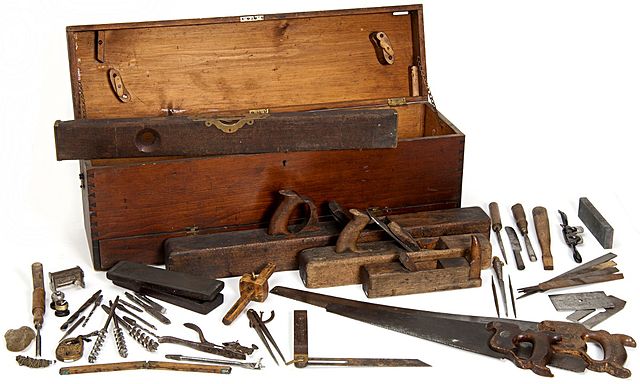Top 10 tenants maintenance responsibilities

While good landlords want to know promptly if there is anything wrong, that does not mean you should be calling them every time something breaks or doesn’t work like it should. But if it’s your first time renting a flat, what maintenance should a tenant be doing themselves? Here’s our top list:
- Cleaning
Most tenant agreements include a section that requires you to return the property in a clean state. While you could ignore it for a year, you will find that it becomes much, much harder to clean. The worst items are cooking grease and carpets – skipping cleaning and vacuuming can end up with deposit damaging bills. - Changing light bulbs
Yes, they did come with the flat, but you still need to replace them. Some light fittings will need a screwdriver, but most only have one or two screws, so should be an easy job. If you leave with missing or broken light bulbs you may find you have to pay to replace them, and if you call out your landlord or agency to replace them expect to be charged a hefty fee for a 2-minute job. - Limescale
If you happen to live in a limescale area, you need to deal with it. Limescale is white, powdery stuff that will appear anywhere there is water – sinks, shower heads, taps and toilets are the main culprits. Clean it using an appropriate cleaner – even a mild acid like spirit vinegar works. If you don’t, it will build up into a nasty, rock-hard layer that really hard to shift. - Fuses and trips
If you have an old style fuse board, you need to replace the fuses or fuse wire if it fails. Most flats now have trips that you can reset just by pushing the switch into the right position. If a socket or electrical device sudeenly stops working, check here first before calling for help. HOWEVER if you find a fuse or trip needs reset regularly for no obvious reason, there may be something wrong with the circuit, and you should ask your landlord for an electrical check. - Hinges, locks and letterboxes
Door and window hinges, locks and letterboxes will need lubrication to keep working smoothly. Use a small amount of 3-in-1 oil (2-3 drops) every couple of months to stop a door or lock squeaking. Yo can get 3-in-1 oil from supermarkets, DIY and hardware shops - Extractor hoods
Cooker extractor hoods, especially those that recirculate air, use replaceable filters. These clean grease and particles from the air, but over time the become clogged. How often you need to replace them depends on how much cooking you do, but when you find the air is not drawn into the extractor, or you can hear the fan working harder than usual it’s time to replace it. You can get them from most DIY shops and larger supermarkets. - Smoke alarm batteries
Most smoke alarms will warn you that the batteries are running low by beeping occasionally. Replace the batteries promptly rather than just pulling it out – it’s there for your protection. Most smoke alarms use the square PP3 batteries and can be accessed by hinging the front of the smoke alarm open. Cheap batteries don’t last long, so get a high power version. - Blocked drains
Drains in sinks and baths get blocked by all sorts of nasty things – mostly food and hair. If you can, pull out and visible hair and then try to clear with a little bleach and boiling water. If this fails, you can use propriety drain unblocker or caustic soda – follow the instructions on the bottle. If you get repeatedly blocked drains, your landlord may have to get a plumber to check them, but if you’ve caused it they may pass on the costs. Getting a plumber out of hours can double or more the costs, so if it is not urgent expect to wait for normal working hours. To prevent blocked drains try not to let food, especially liquid fat, get into the sink plughole and if you have long hair remove it from the bath or shower regularly. - Blocked toilets
This ones’ nasty and is often caused by chucking inappropriate items down toilets – sanitary pads and similar. There are a couple of things to try. First, try just leaving it for a while, possibly with the addition of some bleach. You may find it clears when you flush again. If that does not work, you can increase the force by pouring in extra water from a bucket as you flush, but be careful that you do not make the toilet overflow. If this fails, you will probably need a plumber, and again if the landlord discovers you have caused the blockage expect to be billed for the cost. Blockages further down the drains caused by tree roots, damage and similar would not normally be a tenants responsibility. - Condensation and mould
This one will depend on your property and landlord, but you have to take some responsibility for reducing condensation and subsequent mould. Use extractor fans where available, keep the room temperature above 19 degrees in winter, avoid drying clothes inside and ensure there is always some ventilation, either trickle vents or by leaving a window slightly open, but secure. If you are still getting condensation or mould problems despite this, speak to your landlord about additional ventilation or heating.

0 Comments on “Top 10 tenants maintenance responsibilities”